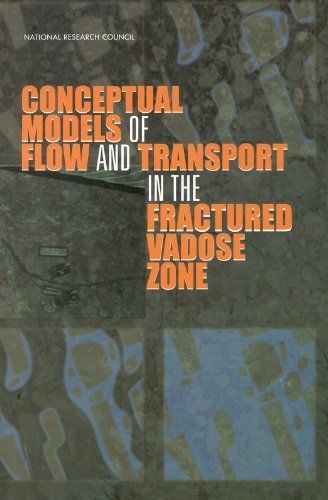
Conceptual Models of Flow and Transport in the Fractured Vadose Zone
Fluid flow and solute transport within the vadose zone, the unsaturated zone between the land surface and the water table, can be the cause of expanded plumes arising from localized contaminant sources. An understanding of vadose zone processes is, therefore, an essential prerequisite for cost-effective contaminant remediation efforts. In addition, because such features are potential avenues for rapid transport of chemicals from contamination sources to the water table, the presence of fractures and other channel-like openings in the vadose zone poses a particularly significant problem, Conceptual Models of Flow and Transport in the Fractured Vadose Zone is based on the work of a panel established under the auspices of the U.S. National Committee for Rock Mechanics. It emphasizes the importance of conceptual models and goes on to review the conceptual model development, testing, and refinement processes. The book examines fluid flow and transport mechanisms, noting the difficulty of modeling solute transport, and identifies geochemical and environmental tracer data as important components of the modeling process. Finally, the book recommends several areas for continued research.